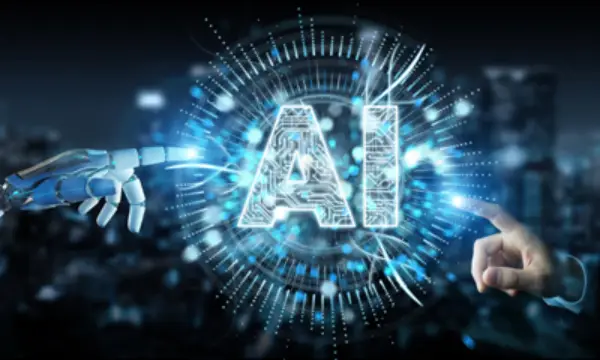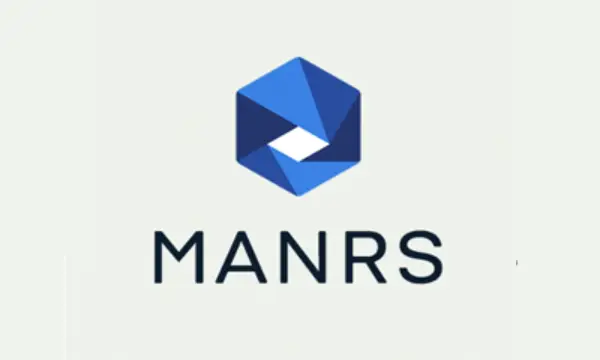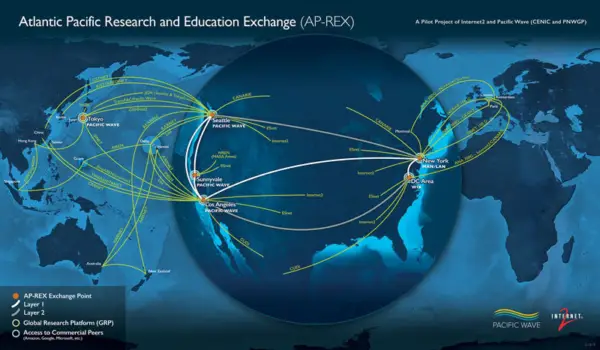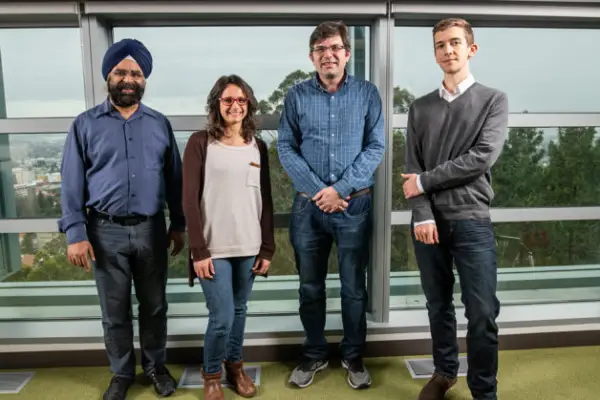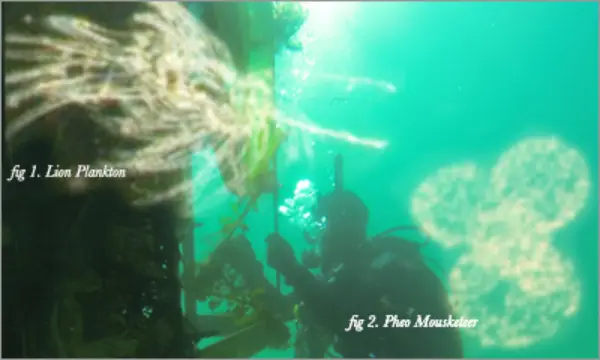- About
- Network
- Community
- Initiatives
- News
- Events
- Blog
- Publications
Blog: Tag Archives: esnet
A Community of Innovation: National Research and Education Networks in North America
Categories AI/Machine Learning RENS & NRENS Pacific Wave Security Equity & Access Technology & Innovation
In a CENIC Conference panel discussion, leaders of CANARIE, CUDI, Internet2, ESnet, and CENIC, addressed how their organizations and user communities approached AI and machine learning as major players in the global collaborative REN ecosystem.
Network Engineers Collaborate in MANRS RPKI Deployment
Categories RENS & NRENS Pacific Wave
At a workshop in October, network engineers from CENIC member institutions engaged in technical, hands-on labs and now have the ability to assess their own environments for implementing guidelines for Mutually Agreed Norms for Routing Security (MANRS) and Resource Public Key Infrastructure (RPKI) technology. Another workshop will be held in March. Learn how your organization can get involved.
CENIC to Explore Adoption of MANRS Global Initiative to Improve Routing Security
Categories RENS & NRENS Pacific Wave
Network operators who take four simple steps to increase routing security will collectively help improve the global Internet’s core. CENIC will lead a collaborative pilot project to explore implementation of MANRS, promoted by the Internet Society. Learn how your organization can get involved.
Pacific Wave and Internet2 to Coordinate Trans-Oceanic Research and Education Network Exchange Point
Categories RENS & NRENS Pacific Wave
Internet2 and Pacific Wave will collaborate on a pilot project to support global science research and scholarship through coordinated infrastructure, service integration, and collaborative outreach. The new Atlantic Pacific Research and Education Exchange (AP-REX) will include a 100 Gbps interconnection between US East and West Coast exchange points.
Fiber-Optic Cables Provide New Tool as Early Earthquake Sensors
Categories Cultural & Scientific RENS & NRENS
Tags earthquake esnet nsf seismometers
Fiber-optic cables, like those in CENIC’s CalREN network and used for internet services everywhere, might eventually serve dual purposes — used not only to transmit data, but also to provide earthquake measurements, and maybe even safety alerts.
Identifying Tiny Organisms with Giant Impact on Climate
Advances in automated plankton identification will benefit the fields of both computer science and biological science, enabling improved classification algorithms for machine learning and vast new data streams for plankton ecology. With success, the ability to rapidly and automatically find patterns in plankton ecology could drastically speed up observations of climate change challenges and solutions.

